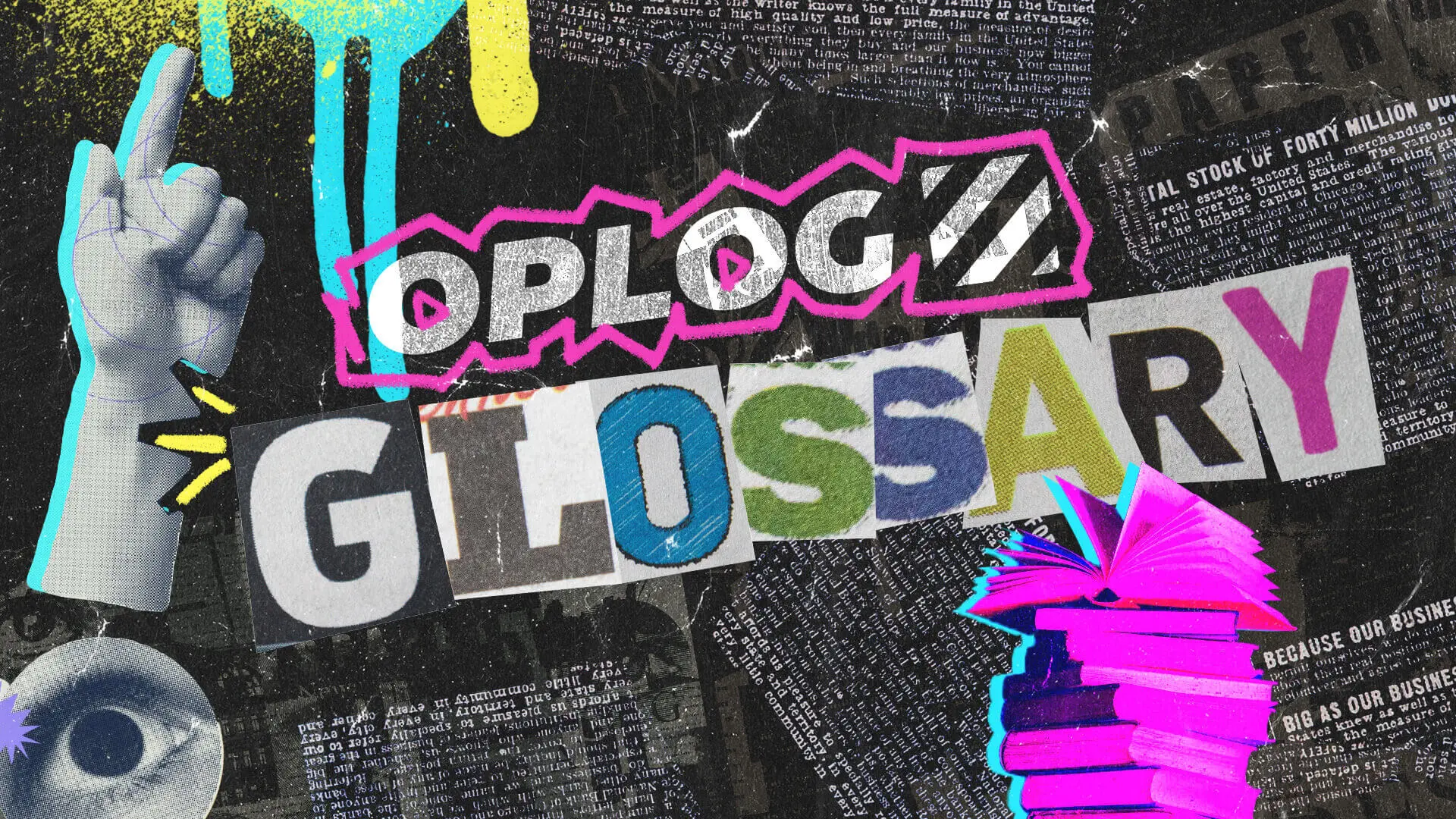
Business to consumer (B2C)
Exchange of goods or services between a business and an individual consumer.
What is B2C?
B2C stands for "Business-to-Consumer," which refers to a business model where a company sells products or services directly to individual consumers. In this type of transaction, the company markets and promotes its products or services to potential customers, and the customers purchase the products or services for their personal use or consumption.
What are the differences between B2B and B2C?
B2B and B2C are two different business models that target different types of customers. Here are some of the main differences between B2B and B2C:
-Target audience: B2B companies sell their products or services to other businesses, while B2C companies sell to individual consumers.
-Sales cycle: B2B transactions often involve a longer sales cycle, as they typically require more negotiation, approvals, and decision-making processes among multiple stakeholders. In contrast, B2C transactions tend to be simpler and more straightforward.
-Customer relationship: B2B companies tend to have more personalized and long-term relationships with their customers, as they often provide ongoing support, maintenance, or training services. B2C companies, on the other hand, may have less frequent interactions with their customers and focus more on marketing and advertising efforts.
-Marketing strategies: B2B companies often use targeted, data-driven marketing strategies to reach specific decision makers within a company. They may use account-based marketing, trade shows, or industry events to showcase their products or services. B2C companies, on the other hand, often use mass marketing techniques, such as television ads, social media, or email campaigns, to reach a broader audience.
-Sales volume: B2B transactions typically involve higher sales volumes and higher price points, as they often involve bulk purchases or long-term contracts. B2C transactions tend to involve smaller sales volumes and lower price points, as they are geared towards individual consumers.
